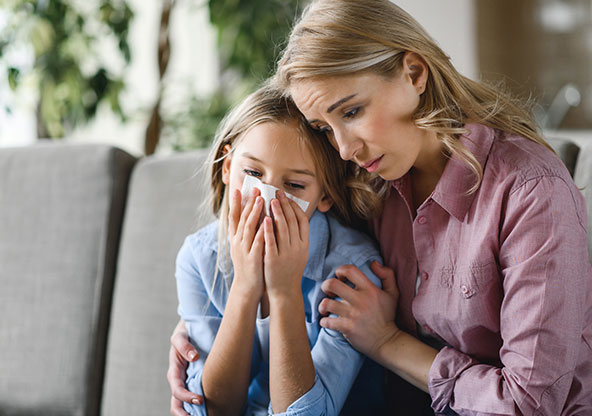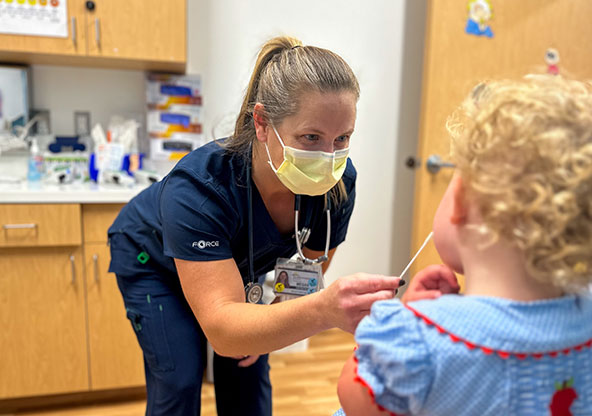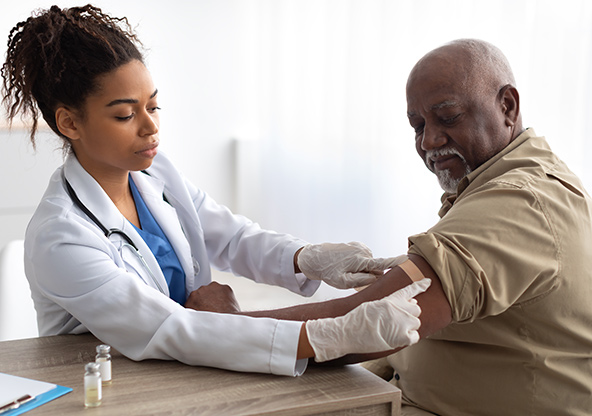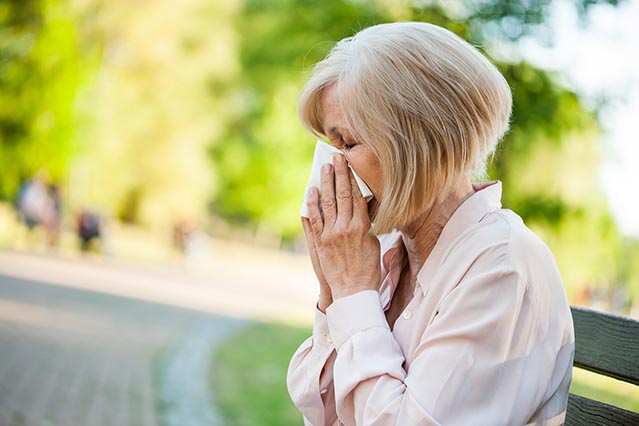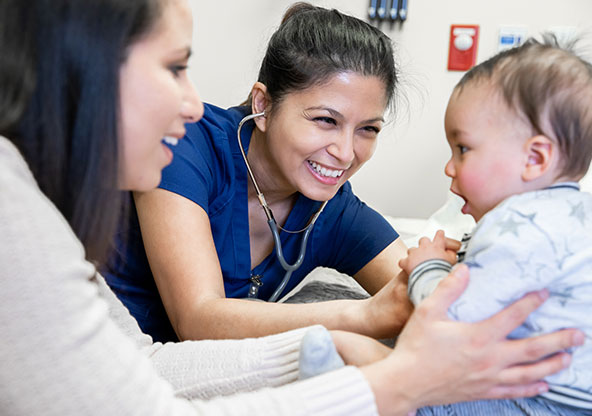What are the Stages of the Common Cold?
1. Getting the Cold: Transmission
The Common Cold Is Airborne: The virus can be transmitted through droplets that are close to a person’s mouth or nose. It can also spread quickly throughout a room if somebody who is sick sneezes or coughs without covering their nose and mouth. A person can also get the common cold if someone blows their nose improperly.
The cold typically spreads through sneezing, coughing, and other contact between people. It can also be spread by touching surfaces contaminated with the virus and then touching your nose. Some viruses that cause a cold may remain active on surfaces for as long as 48 hours, so it's important to wash your hands regularly.
2. Incubation Time for a Cold
The incubation period is the time between when you contract an illness and when you start to show symptoms. The incubation time for a cold can vary depending on the type of cold that you have. In general, most people will start to feel the symptoms of a cold within 24 hours after exposure to a virus or bacterial infection that caused it.
The symptoms generally last anywhere from five to seven days and often include coughing, sneezing, and sore throat.
3. Symptoms
The duration of a cold varies depending on various factors, such as the person’s age and overall health. Generally, a person may be sick with the common cold for between 3-10 days before they begin to recover.
Young children and older adults experience more severe symptoms than others and are typically sick with the cold for extended periods.
People with weakened immune systems or underlying health conditions may experience a cold that lasts longer than average.
If you notice any symptoms that seem concerning or don’t improve after several days, talk to your health care provider for further recommendations.
4. No Longer Contagious
People are no longer contagious when symptoms of a cold go away. Symptoms such as runny nose, congestion, and cough generally last three to ten days.
But if your symptoms persist, see your doctor so that you can get a proper diagnosis and begin treatment.
You should also consult your doctor if you have any underlying health problems that might be affected by the cold.
It is important to remember that you can only become contagious while you are experiencing symptoms, so if you are feeling better and have no lingering symptoms, you do not need to worry about spreading your cold further.

